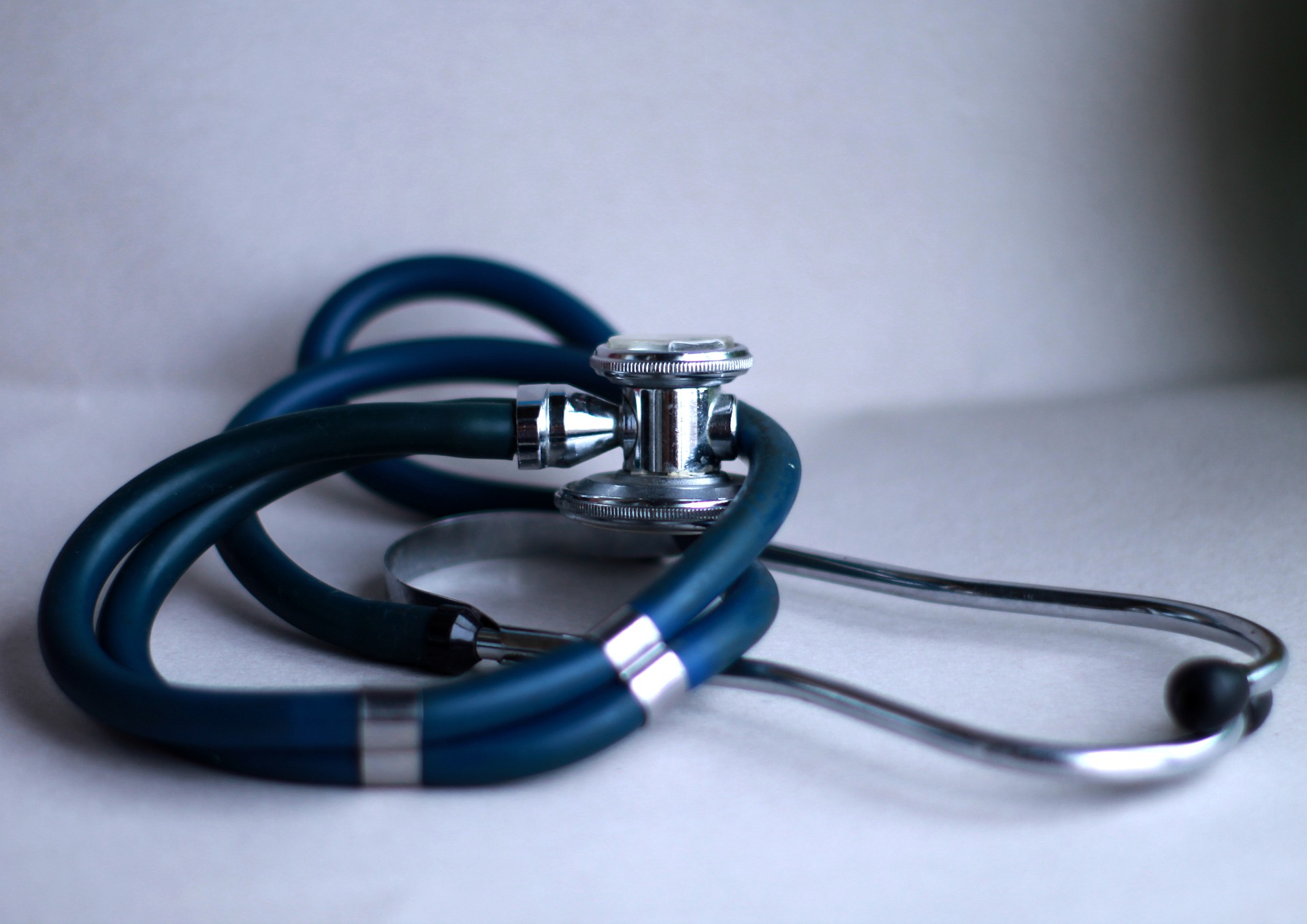In hospitals across Georgia, emergency room employees are fielding regular emergency room visits and, more and more, coronavirus patients.
Annie is a physician’s assistant in metro Atlanta who asked that we not use her last name. She said three-fourths of the patients she sees these days are those with coronavirus symptoms.
WABE spoke with her about how her work conditions have evolved and how work and her personal life have started to overlap in new ways.
On personal protective equipment:
“At first, we were advised to wear N95 respirator masks. Then advised that surgical masks for patients who weren’t specifically COVID could be adequate. Then advised to wear surgical masks for all patients and everybody in the hospital wearing a mask. You know, everything’s changed progressively as we’re going on, and it’s a little unnerving because you’re hoping that the next update won’t discredit what you’ve been doing right now.
“Nowadays, I’m wearing masks constantly entering the hospital, at least a surgical mask in addition to a N95 mask with likely COVID patients and then a gown, face shield, a lot of equipment at all times. Oh, and a hairnet.”
How her daily life has changed:
“My hospital has scrubs that we can wear at the hospital and leave at the hospital. The other option is that you wear your own scrubs, which I’m currently doing, but I immediately take off clothing, put it in the washing machine, my shoes are quarantined outside of the apartment…
“I feel much more inclined to not just adhere to social distancing, but recognize that I am a very likely asymptomatic vector. My partner is going to the grocery store instead of me because I don’t want to go to the grocery store and be around other people.”
On how the pandemic has affected the relationship between her professional and personal lives:
“As a medical provider, I think we are very well trained to see difficult, very challenging emotionally experiences that are hard for family and friends to relate to. The difference is now everybody’s concerned about the same medical thing concurrently. So, in every bit of my private life, you see emails about COVID, you see the news about COVID, everything in private life has to do with it, too. So I think it does kind of affect your ability to cope with sadness and cope with stress. Emotionally, I’m finding myself drained a little bit just from worrying about my private life more than I’ve had to, on top of having my work life brought into the public. They’re all getting mixed together more than I was used to before.”
On social distancing:
“I think the most important thing I want people to realize is that it’s really important to take care of yourself health-wise. And even if you’re young, you’re thinking you’re invincible, ‘I’m too young and too healthy for this,’ this virus does affect young people as well in relatively severe ways. It’s important to just consider others and not to threaten the health of others just because you’re younger and healthier right now.
“It’s so important that people have been taking those [social distancing] measures and it’s really going to have positive effects toward the course of this illness.”









